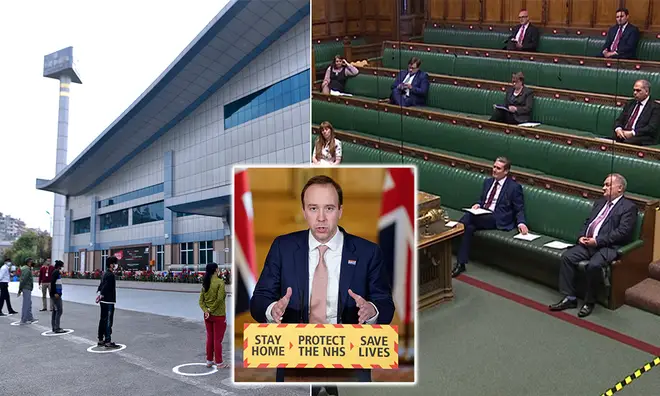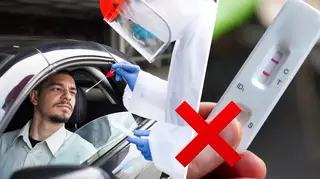How Long Is Social Distancing Going To Last?
22 April 2020, 17:31

Due to the coronavirus pandemic, everyone has had to self-isolate and the country has seen UK schools and non-essential shops close, but how long will social distancing last?
Various changes have been made in the UK since the outbreak of COVID-19, all of which have led to social distancing rules, in order to prevent the spread of coronavirus.
Boris Johnson announced last month that schools across the country were to be shut, apart from children of key workers still attending.
Buying A House After The Coronavirus Pandemic: Expert Advice For First-Time Buyers
Non-essential shops, pubs, bars and gyms have also closed as avoiding public gatherings are crucial in order to comply with social distancing rules.
But when are lockdown and social distancing likely to end?

First UK coronavirus vaccines to be trialed immediately reveals Matt Hancock
How long is social distancing going
to last?
As of now, there is no confirmed time frame as to when we will see the end of social distancing, but lockdown is expected to last for at least several weeks.
This comes after Foreign Secretary Dominic Raab announced lockdown would be extended for an extra three weeks.
However, the government have implemented numerous rules to encourage people to stay at home, in hopes to slow down the spread of the virus whilst researchers develop a vaccine.
Health secretary Matt Hancock announced in a daily briefing, earlier this week, that the first doses of a potential vaccine to fight COVID-19 will start being tested on Thursday, April 22.
Oxford University has developed the potential jab within a matter of months, and they are hopeful for the first steps of producing the vaccine, although Matt Hancock warned there’s a lot of ‘trial and error’ involved.
The government have also announced that they need to see a significant decrease in the daily death rate and the number of infections before they can consider re-opening schools and non-essential shops.
> Download Our App For All The Latest News














